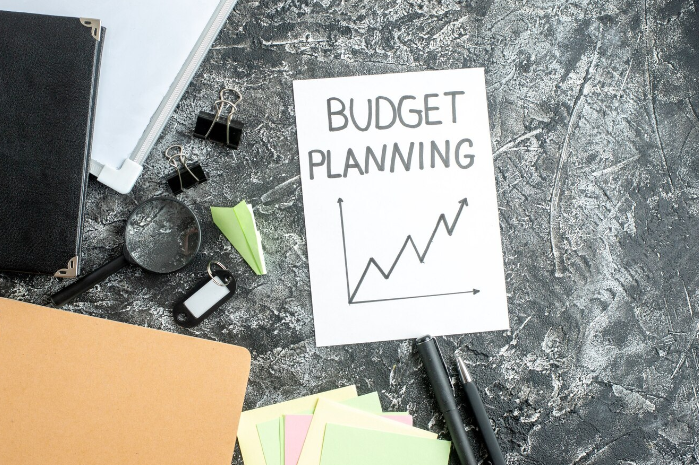Tips for Improving Your Savings Habits: Strategies to Save More and Spend Less
In today’s fast-paced world, managing personal finances effectively is more crucial than ever. Improving your savings habits can pave the way to financial security and peace of mind. Whether you’re saving for a rainy day, a major purchase, or retirement, implementing strategic changes to your spending and saving habits can make a significant difference. Here are some practical tips to help you save more and spend less:
- Create a Budget
The first step towards better savings is to establish a clear budget. Track your income and expenses to understand where your money is going. Categorize your spending into essentials (like rent, groceries, and utilities) and non-essentials (such as dining out and entertainment). By analyzing these categories, you can identify areas where you might be overspending and adjust accordingly. - Set Specific Savings Goals
Having clear, specific goals can motivate you to save more. Instead of a vague goal like “save money,” aim for something concrete, such as “save $500 for a vacation in six months.” Break these goals down into smaller, manageable steps. This not only makes the savings process feel less overwhelming but also helps you track your progress more easily. - Automate Your Savings
One of the easiest ways to save more consistently is to automate the process. Set up automatic transfers from your checking account to a savings account. By treating savings like a non-negotiable expense, you ensure that money is set aside before you have a chance to spend it. This method can help you build your savings effortlessly over time. - Cut Unnecessary Expenses
Review your spending habits and identify areas where you can cut back. This might include canceling unused subscriptions, limiting impulse purchases, or finding more affordable alternatives for services. Small changes, like making coffee at home instead of buying it daily, can add up significantly over time. - Build an Emergency Fund
An emergency fund acts as a financial buffer against unexpected expenses, such as medical emergencies or car repairs. Aim to save three to six months’ worth of living expenses in a separate, easily accessible account. Having this safety net can prevent you from dipping into your regular savings or accumulating debt during emergencies. - Use Cash Back and Rewards Programs
Take advantage of cash back offers, loyalty programs, and rewards credit cards. These programs can provide additional savings or perks on purchases you already make. However, it’s essential to use credit cards responsibly and pay off balances in full each month to avoid interest charges. - Avoid Impulse Purchases
Impulse buying can derail your savings goals. To combat this, implement a “cooling-off” period for non-essential purchases. When tempted, wait 24 hours before making a decision. Often, the urge to buy will pass, and you’ll be more inclined to stick to your budget. - Review and Adjust Regularly
Your financial situation and goals may change over time. Regularly review your budget, savings goals, and spending habits to ensure they align with your current circumstances. Adjust your strategies as needed to stay on track and adapt to any changes in your life. - Invest in Yourself
Consider investing in skills and education that can lead to higher earning potential. Personal development can provide long-term benefits that enhance your financial situation. Whether through formal education or skill-building workshops, improving your capabilities can lead to better job opportunities and increased income. - Stay Motivated
Maintaining motivation is key to sticking with your savings plan. Celebrate milestones, no matter how small, and reward yourself for achieving savings goals. Keeping a positive attitude and reminding yourself of the benefits of saving can help you stay focused and committed.
Improving your savings habits involves a combination of disciplined budgeting, strategic planning, and regular adjustments. By implementing these tips, you can create a solid financial foundation and work towards achieving your financial goals with greater ease and confidence.


